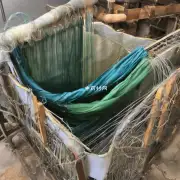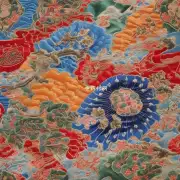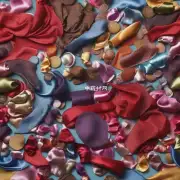silk 如何在生产过程中得到?
包梅
人间至苦,是付出而不为人所知所解;人间至喜,是心意为所爱者全盘洞彻。
** silk production process**
Silk is a natural fiber produced by the cocoons of silkworms. Silkworms are a type of caterpillar that is raised for its silk. The process of silk production can be divided into four main stages:
- Egg stage
- Larva stage
- Pupa stage
- Spinning stage
Egg stage
- Silkworms are hatched from eggs and fed a diet of mulberry leaves.
- The mulberry leaves are high in cellulose, which is a natural polymer that helps to form the silk.
- The silkworms feed for about 6 months before they emerge from the eggs.
Larva stage
- The silkworms emerge from the eggs and begin to feed on mulberry leaves.
- The silkworms eat a lot of mulberry leaves, which helps to produce the silk.
- The silkworms molt several times during the larva stage.
Pupa stage
- The silkworms enter the pupa stage, where they undergo a period of rapid growth.
- During the pupa stage, the silkworms stop eating and begin to spin silk cocoons.
- The cocoons are made of a protein called sericin, which is secreted by the silkworms.
Spinning stage
- The silkworms spin the sericin into silk cocoons.
- The cocoons are made up of a protein called fibroin, which is a strong and durable protein.
- The cocoons are then dried and cured.
Silk is a valuable commodity that is used for a variety of purposes, including clothing, upholstery, and other products. The production of silk is a complex and labor-intensive process, but it is also a very rewarding one.





